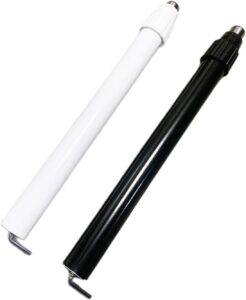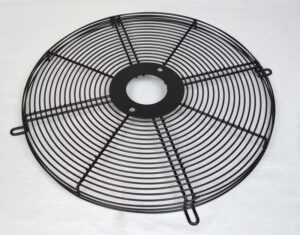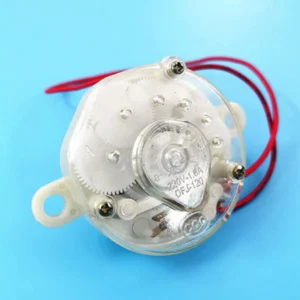Introduction
We have over 15 years of experience in the electric fan industry.
Supplier management, including developing and maintaining relationships with suppliers, is a highly knowledgeable area.
Having good suppliers greatly improves quality, delivery, finances, and how we use space.
Therefore, to grow our business, it is essential to first find the right suppliers, which in turn enables us to attract the right customers.
The Importance of Communication Strategies
When communicating with suppliers, it is essential to plan our material delivery schedules clearly.
For small orders, such as 1,000 sets of grilles, we simply need to inform the supplier to deliver within 15 days after placing the order or specify a particular date, such as September 20, 2024, with payment upon delivery.
For large orders, we need to plan specific delivery dates.
For example, if we order 100,000 sets of grilles, we would request 10,000 sets to be delivered on September 20, 2024, and the remaining 90,000 sets to be delivered in monthly batches of 20,000 sets.
We will notify the supplier of the exact dates by the 10th of each month.
If delivery times cannot be confirmed by the 10th, the supplier must wait for delivery instructions before shipping.
Payments will be made within 30 days after receiving the delivery notice and matching it with our financial records.
There are two key points in this communication strategy:
- First, the delivery schedule requires suppliers to manage their own production effectively.
- Second, the payment terms reflect our payment process, which builds trust with suppliers.
By ensuring timely payments, suppliers can accurately calculate their profits and offer us better pricing.
Supplier Performance Evaluation
Every 7 to 10 days, we evaluate our suppliers based on feedback from the warehouse, quality inspection, and procurement teams to decide the production schedule for the next period. We assess suppliers on:
- Product Quality
- Delivery Time
- Payment Progress
1. Product Quality: If a supplier has quality issues, we immediately work with them to find a solution. If no solution is found, we look for alternative suppliers to address the problem.
2. Delivery Time: If there are delays in delivery, we coordinate with the supplier to adjust the schedule. If the supplier cannot meet the expected delivery times, we quickly find alternative suppliers to continue the order.
3. Payment Progress: If a supplier unexpectedly requests early payment, we evaluate whether it’s due to a short-term financial issue or personal problems. For short-term financial problems, we arrange payments to help the supplier overcome the difficulty. If it’s due to personal issues, we decide whether to continue the partnership with gradual payment support or to settle the current payments and find a new supplier.
By regularly evaluating suppliers on these criteria, we ensure high product quality, timely deliveries, and maintain strong, trustworthy relationships with our suppliers.
The Value of Building Strong Supplier Partnerships
A good long-term supplier often provides market-related information, helping us plan new seasonal shipments promptly.
In 2023, a parts factory informed us that grilles would be very scarce in 2024.
In response, we began stocking 20,000 Auto Fan grilles, 5,000 18-inch industrial fan grilles, and 50,000 regular grilles each month three months in advance.
The market demand changed more intensely than expected, and before the agreed delivery date, our stocked grilles were bought by others at high prices.
Fortunately, because we prepared early, the parts factory only delivered seven days late, preventing any shipment delays.
We also provided cash support to the parts factory, thanking them for their trust.
Not only grille suppliers but also our baseboard and fan blade suppliers support us, allowing flexible use of funds and space.
This is thanks to over 10 years of cooperation and trust.
We usually prepare shipment plans in advance, and once suppliers receive our orders, they prepare the materials and deliver them when we notify them.
By maintaining strong relationships with our suppliers, we ensure reliable support, timely deliveries, and mutual trust, which are essential for our continued success.
Conclusion
There are four essential principles for managing supplier relationships:
- Treat Suppliers as Friends: Always consider issues from the suppliers’ perspectives and support them as you would a friend.
- Ensure Timely Payments: Always pay suppliers on time without delays.
- Fulfill All Orders: Complete all placed orders unless the supplier agrees to help clear them.
- Allow Reasonable Profits: Ensure suppliers earn appropriate profits and avoid engaging in unprofitable dealings.
By adhering to these principles, suppliers are likely to treat you as a friend, consistently supporting your business and fostering a strong, trustworthy partnership.






